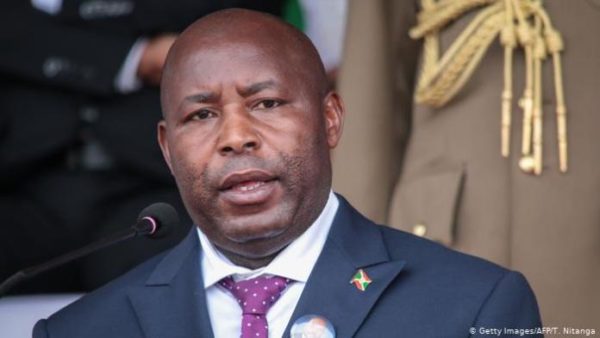Burundi’s economy is expected to rebound to around 2% in 2021 after contracting 1% in 2020, according to data from the International Monetary Fund (IMF). This recovery will be supported by renewed activity in the secondary and tertiary sectors, according to forecasts which condition it to the resolution of supply chain problems.
According to the IMF, the slowdown in the Burundian economy as a result of the hardest-hit tertiary sector – due to travel restrictions and supply chain disruptions in trading partner countries – has been mitigated by growth in sectors such as subsistence agriculture and construction of public infrastructure projects.
“Inflation turned positive in 2020 and reached 7.5% (down from -0.7% in 2019), driven by rising food prices. However, a second, longer wave of Covid-19 could worsen the macroeconomic outlook, “said the international institution in a statement released on July 27.
The country has just concluded an agreement with the IMF for financial assistance of USD 78 million under the rapid credit facility. Objective, to support “the efforts of the authorities to face the economic and social impacts of the Covid-19 pandemic” against which the local authorities announced, Wednesday evening, the acceptance of the vaccination and of which the country recently officially reported , 6,715 cases including 9 deaths to date.



